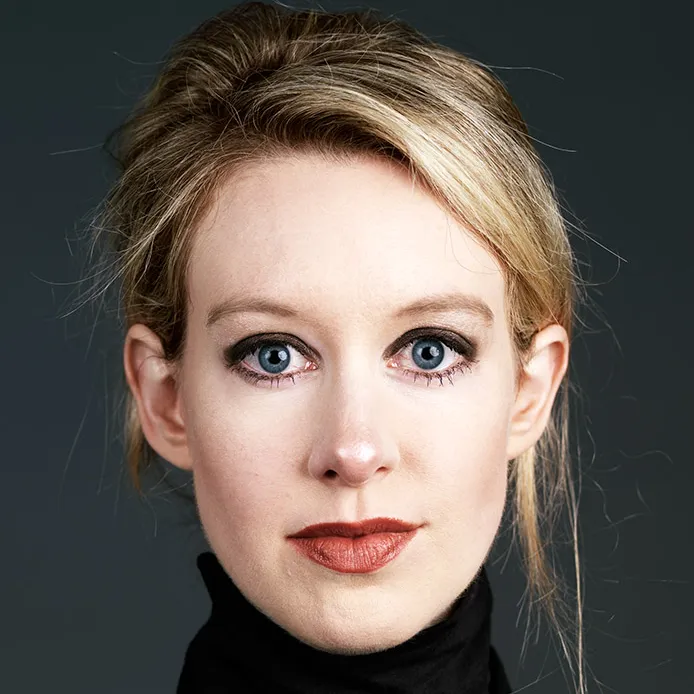Disgraced Theranos founder Elizabeth Holmes is set to have her appeal heard at a federal courthouse in San Francisco. This comes a year after she began serving an 11-year prison sentence for defrauding investors with false claims about her company’s revolutionary blood-testing technology.
The Appeal
In November, Holmes’ attorneys filed a 47-page document asserting that the prosecution failed to prove she knowingly misled investors.
The government’s case against Elizabeth Holmes focused on the narrative that Theranos’ technology did not work and that Holmes knew this while making misleading statements to investors. Holmes’ defense argued that substantial evidence demonstrated she and her team genuinely believed in their technology’s capabilities.
The prosecution struggled to provide reliable scientific data to counter this, resulting in controversial decisions regarding evidence rules and witness testimonies. The government’s new approach on appeal attempts to uphold the convictions by arguing independent allegations, but these also hinge on whether Holmes believed in the technology, a point contested during the trial.
Key Points of Contention
- Witness Testimony: Elizabeth Holmes’ appeal challenges the inclusion of expert testimony from Kingshuk Das. Holmes contends that the prosecution could have presented Das as an expert with proper disclosures, but instead, his testimony included specialized opinions without providing underlying data and methodology. The government’s cited cases emphasize the impropriety of Das’ testimony, as it was based on technical analysis not disclosed.
- Voided Blood Test Results: The defense also challenges how the voided test results were treated during the trial.
Prosecution’s Stance
Prosecutors argue that the appeal lacks merit, citing overwhelming evidence of Holmes’ fraudulent statements. They maintain that the original trial’s findings were sound and that Holmes failed to present a substantial question of law or fact that would likely result in a reversal.
Historical Context of Theranos Scandal
Holmes’ journey from a Stanford dropout to a celebrated entrepreneur, gracing the cover of Fortune magazine, came crashing down after a 2015 Wall Street Journal exposé revealed internal turmoil at Theranos. This led to significant legal scrutiny, culminating in her 2022 conviction on four counts of investor fraud and conspiracy.
Terra Crypto Ecosystem: $60 Billion Collapse and Do Kwon’s $5 Billion Order
Holmes claimed that Theranos’ proprietary technology could perform a wide range of tests with minimal blood, making diagnostics faster and more accessible. The media played a crucial role in building Theranos’ reputation. Holmes graced magazine covers, gave TED Talks, and was hailed as a visionary. Prominent investors, including venture capitalists and former government officials, backed the company.
In 2015, investigative reporting by the Wall Street Journal exposed discrepancies between Theranos’ claims and reality. Whistleblowers revealed internal problems, including inaccurate test results, unreliable technology, and manipulation of data.
Regulatory agencies, including the FDA, scrutinised Theranos. The company faced lawsuits and sanctions. In 2022, Holmes was convicted on charges of investor fraud and conspiracy. She was sentenced to 11 years. The Theranos scandal highlighted the dangers of unchecked hype, secrecy, and lack of transparency in the tech and healthcare sectors. Investors lost millions, and trust in disruptive health startups was shaken.
You May Access the Appeal Document Here
Looking Ahead
The upcoming appeal hearing is the latest chapter in a high-profile legal saga that transformed Holmes from a Silicon Valley icon to a symbol of corporate deception. Her former partner and Theranos president, Ramesh “Sunny” Balwani, is also serving a nearly 13-year sentence for his role in the fraud.
As the legal proceedings continue, the case remains a stark reminder of the consequences of fraudulent practices in the tech industry, highlighting the importance of integrity and transparency in business operations.


